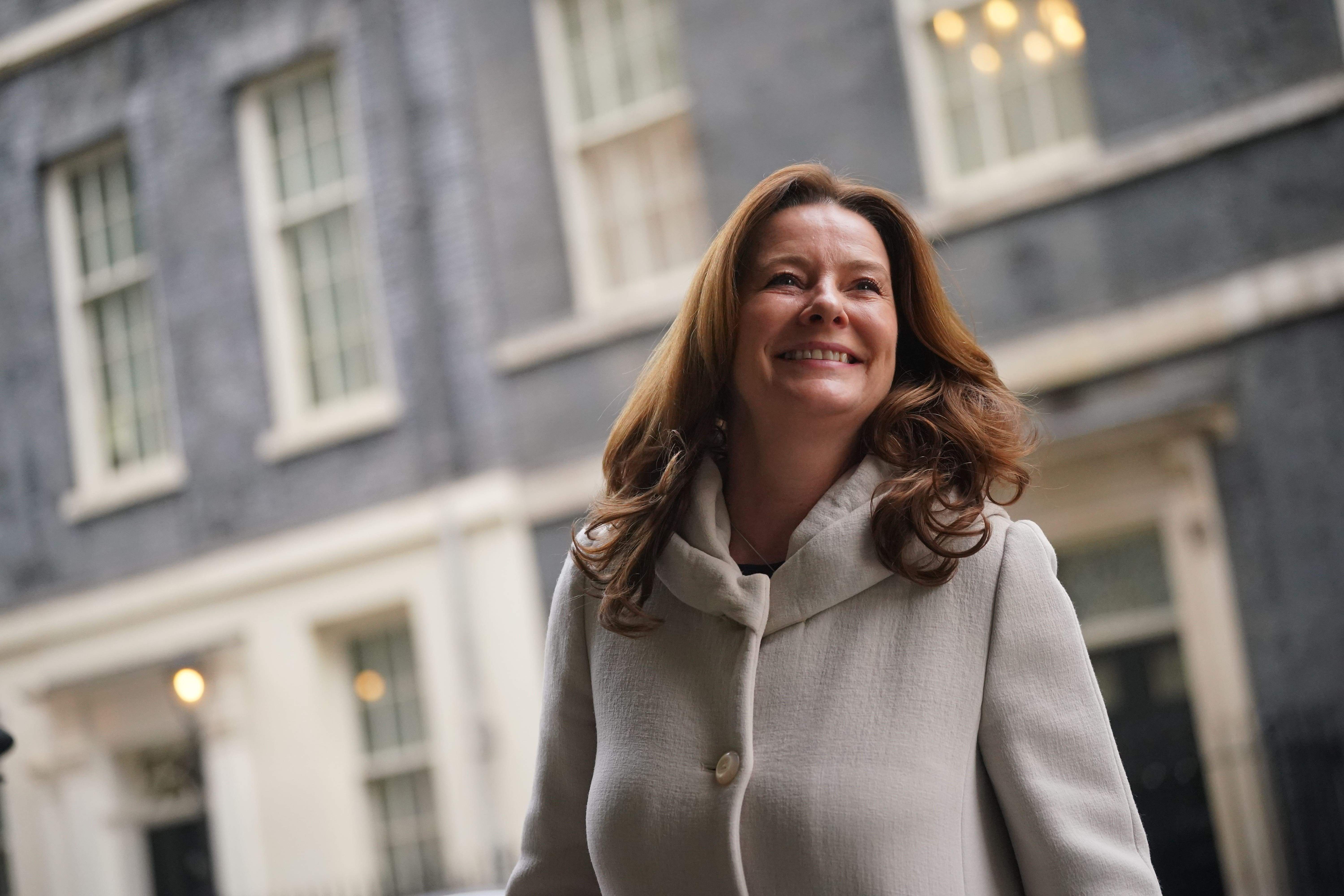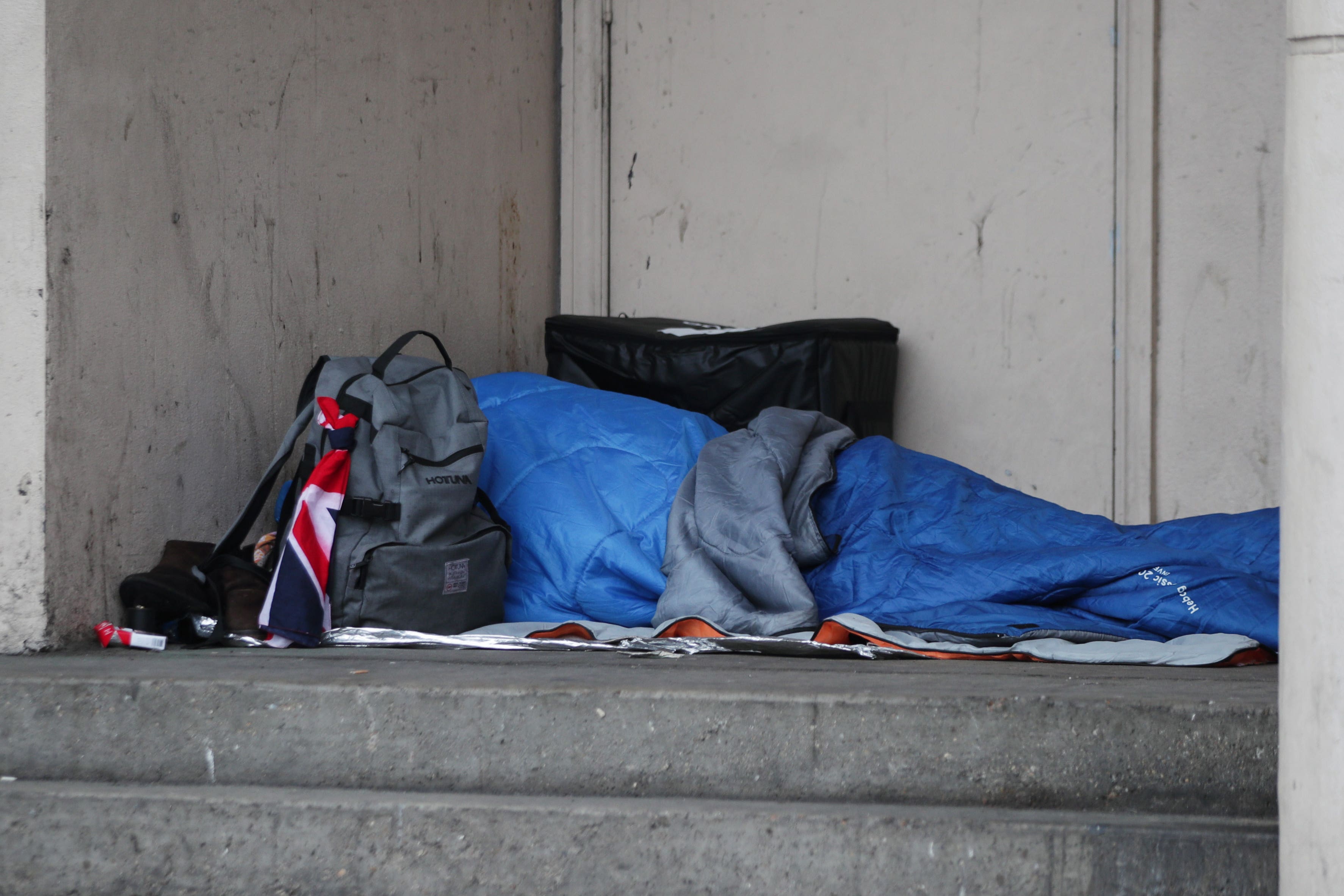Criminal Justice Bill: People should not be arrested ‘just if they smell’, says Cabinet minister
Critics say the Bill is drafted so widely it could result in people being arrested or fined for having an ‘excessive odour’

Your support helps us to tell the story
From reproductive rights to climate change to Big Tech, The Independent is on the ground when the story is developing. Whether it's investigating the financials of Elon Musk's pro-Trump PAC or producing our latest documentary, 'The A Word', which shines a light on the American women fighting for reproductive rights, we know how important it is to parse out the facts from the messaging.
At such a critical moment in US history, we need reporters on the ground. Your donation allows us to keep sending journalists to speak to both sides of the story.
The Independent is trusted by Americans across the entire political spectrum. And unlike many other quality news outlets, we choose not to lock Americans out of our reporting and analysis with paywalls. We believe quality journalism should be available to everyone, paid for by those who can afford it.
Your support makes all the difference.People should not be arrested for smelling bad, a Cabinet minister has said.
The statement comes amid a growing backbench rebellion against plans that could “criminalise homelessness”.
More than 40 Conservative MPs are expected to rebel against parts of the Criminal Justice Bill, which would allow the police to fine “nuisance” rough sleepers.
Critics say the Bill is drafted so widely it could result in people being arrested or fined for having an “excessive odour”, or merely appearing as if they intended to sleep rough.
On Tuesday morning, Education Secretary Gillian Keegan said she would support Government policy but told Sky News that people “should not be arrested just if they smell”.
She added: “I haven’t looked at that detail of it, but I guess the word is ‘excessive’, and I don’t know what they mean by that.”

Downing Street said the Prime Minister agreed with Ms Keegan, adding that the “focus” of the new legislation was on replacing a Vagrancy Act that “criminalises people for being homeless” while also protecting the public from “harassment and intimidation”.
A Number 10 spokeswoman said police would receive “guidance” on using the powers contained in the Criminal Justice Bill.
According to the Times newspaper, senior Government sources have said the Bill has been “paused” while ministers negotiate with MPs from both the left and right of the Conservative Party concerned about the plans.
Conservative former ministers Sir Iain Duncan Smith and Damian Green are among 10 Tories who have signed a series of amendments to the Bill aimed at countering the drive to criminalise rough sleeping.
Measures tabled by Tory MP Bob Blackman would seek to ensure ministers fulfil their promise to repeal the Vagrancy Act 1824, the law which currently criminalises rough sleeping and begging.
The Government promised to do so when it passed the Police, Crime, Sentencing and Courts Act in 2022, but only when it found a suitable replacement.
Measures in the Criminal Justice Bill aim to provide this replacement, but are thought to be too widely drawn by the Tory rebels.
Mr Blackman told the Times newspaper he and his colleagues were urging the Government to think again.
“A lot of colleagues believe that the Bill as it stands is completely unacceptable because it would have the effect of criminalising people who have no choice but to sleep on the streets,” he added.
A second amendment from Mr Blackman aims to clarify when the police are able to use the new powers.
The amendment says police should be given guidance that “begging or sleeping rough does not in itself amount to unreasonable conduct”, and insists officers “should balance protection of the community with sensitivity to the problems that cause people to engage in begging or sleeping rough”.
The Bill was introduced to Parliament by Suella Braverman – who branded rough sleeping a “lifestyle choice” – when she was home secretary.
Ms Keegan said she disagreed with the description of rough sleeping as a “lifestyle choice”, saying: “Normally, people have had a lot of hardship before they get to that point.”
She said the Government needed to strike a balance between supporting rough sleepers into accommodation and employment, and ensuring members of the public were protected from “aggressive” begging or other “nuisance”.
Liberal Democrat MP Layla Moran, who spearheaded the cross-party campaign to scrap the Vagrancy Act, said the current proposals “risk bringing back the Vagrancy Act by the back door”.
She said: “The Government should listen to their own backbenchers and take a compassionate approach to tackling homelessness, instead of stigmatising and criminalising rough sleepers.”